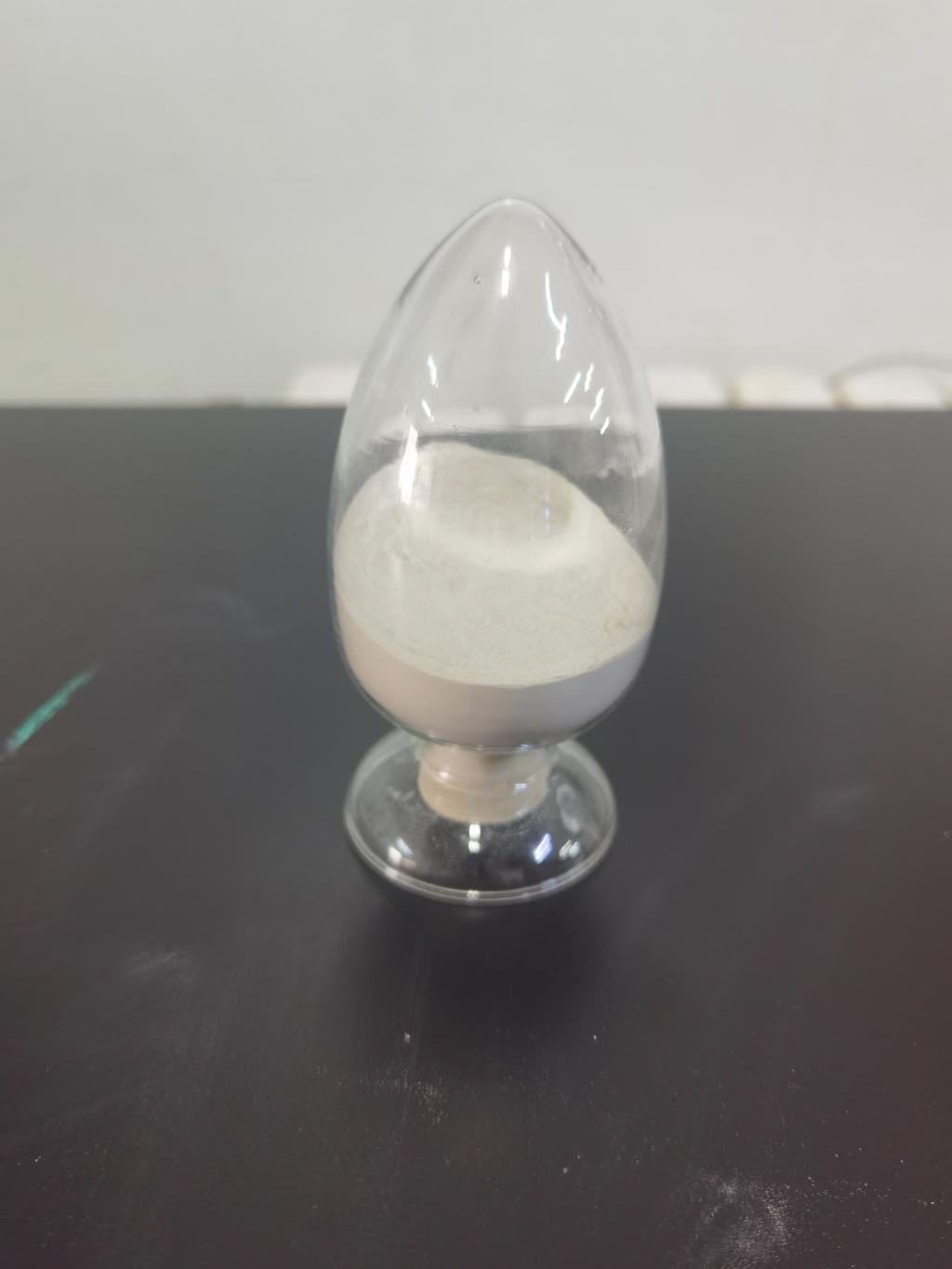Tel:+8618231198596

News
 CONTACT
CONTACT
 CONTACT
CONTACT
- Linkman:Linda Yao
- Tel: +8618231198596
- Email:linda.yao@dcpharma.cn
- Linkman:CHARLES.WANG
- Department:Overseas
- Tel: 0086 0311-85537378 0086 0311-85539701
News
Nisin and the Microbiome: Balancing Act for Digestive Wellness
TIME:2023-12-06
1. Understanding the Human Microbiome
The human microbiome consists of a diverse array of bacteria, viruses, fungi, and other microorganisms that inhabit various parts of the body, with the gastrointestinal tract being a major hub. This complex microbial community forms a symbiotic relationship with the host, influencing digestion, nutrient absorption, immune function, and overall health.
2. Nisin's Role as an Antimicrobial Agent
Nisin, initially recognized for its antimicrobial properties in food preservation, also interacts with the microbiome within the digestive system. Produced by certain strains of lactic acid bacteria, nisin acts as a natural defense mechanism, inhibiting the growth of harmful bacteria and contributing to the overall balance of the gut microbiota.
3. Impact of Nisin on Gut Microbial Composition
Research suggests that the consumption of nisin-containing foods may influence the composition and diversity of the gut microbiota. While nisin primarily targets Gram-positive bacteria, its selective antimicrobial action may inadvertently affect non-pathogenic bacteria, potentially influencing the delicate balance of the microbiome.
Understanding these effects is crucial for evaluating the implications of nisin on digestive health and maintaining a harmonious microbial ecosystem within the gut.
4. Nisin's Potential Benefits for Digestive Wellness
4.1. Control of Pathogenic Bacteria
Nisin's ability to target harmful bacteria, including certain pathogens associated with gastrointestinal infections, positions it as a potential ally in promoting digestive wellness. By preventing the overgrowth of detrimental microbes, nisin contributes to a healthier microbial balance within the gut.
4.2. Modulation of Inflammation
Chronic inflammation in the gastrointestinal tract is linked to various digestive disorders. Some studies suggest that nisin may possess anti-inflammatory properties, which could play a role in mitigating inflammation in conditions such as inflammatory bowel disease (IBD) and irritable bowel syndrome (IBS).
4.3. Preservation of Beneficial Microbes
While antimicrobial in nature, nisin's selectivity against Gram-positive bacteria may allow the preservation of beneficial bacteria, contributing to the overall diversity and stability of the gut microbiota. This nuanced action is crucial for maintaining a balanced and resilient microbial community.
5. Challenges and Considerations
The intricate interplay between nisin and the microbiome presents challenges and considerations. As a potent antimicrobial agent, the potential unintended consequences on non-pathogenic microbes must be thoroughly investigated. Striking a balance between targeting harmful bacteria and preserving the beneficial ones is essential for ensuring that nisin contributes positively to digestive wellness.
Additionally, the impact of nisin on individuals with pre-existing digestive conditions or those with compromised immune systems warrants careful examination. Research efforts should focus on understanding how nisin interacts with specific microbial profiles and the potential implications for vulnerable populations.
6. Future Directions: Precision Microbiome Modulation
As scientific understanding of the microbiome advances, the concept of precision microbiome modulation is emerging. This involves tailoring interventions, such as the consumption of nisin-containing foods or supplements, to individuals based on their unique microbial profiles. Precision approaches aim to optimize the benefits of interventions while minimizing potential risks and maintaining personalized digestive wellness.
7. Nisin in Functional Foods and Supplements
The integration of nisin into functional foods and supplements presents an exciting avenue for promoting digestive health. By harnessing the antimicrobial properties of nisin, these products could be designed to support a balanced microbiome and contribute to overall digestive wellness. However, meticulous formulation and dosage considerations are paramount to ensure efficacy and safety.
8. Conclusion
Nisin's interaction with the microbiome represents a fascinating interplay between food science and human health. As a natural antimicrobial peptide, nisin has the potential to contribute positively to digestive wellness by controlling harmful bacteria, modulating inflammation, and preserving beneficial microbes. However, the delicate balance required in influencing the microbiome necessitates careful consideration of unintended consequences and potential challenges.
The evolving landscape of microbiome research and the growing interest in personalized health underscore the need for continued exploration of nisin's role in digestive wellness. Through rigorous scientific investigation and thoughtful application, we can unlock the full potential of nisin as a tool for maintaining a harmonious balance within the intricate ecosystem of the human microbiome. In doing so, we may pave the way for innovative strategies that promote not only digestive health but also overall well-being.
- Tel:+8618231198596
- Whatsapp:18231198596
- Chat With Skype







